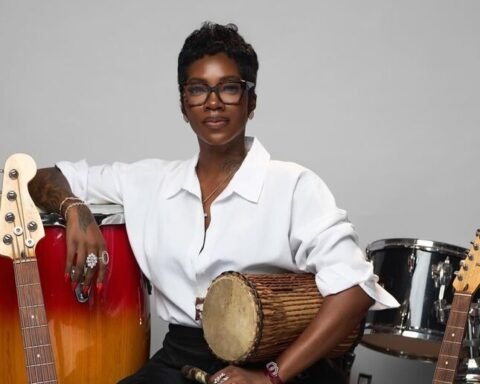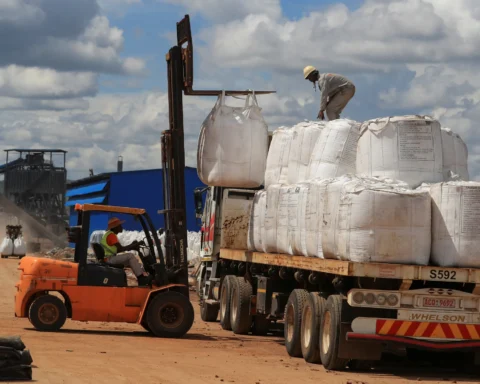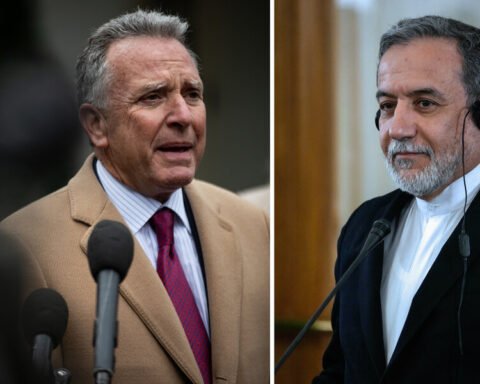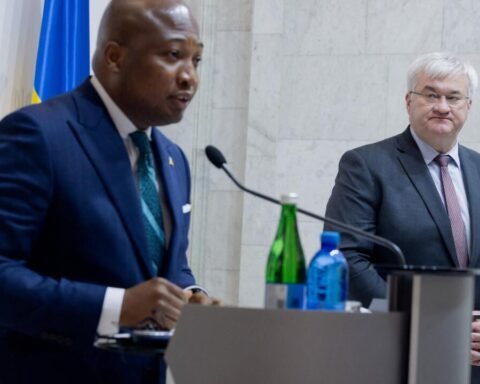The former President of the Democratic Republic of the Congo (DRC), Joseph Kabila, has gone on trial before a military tribunal in Kinshasa, facing charges that could reshape the nation’s political future.
Kabila is accused of treason, war crimes, and crimes against humanity, with the prosecution alleging that he conspired with the March 23 Movement (M23), a notorious rebel group responsible for years of bloodshed in the country’s troubled eastern provinces.
Kabila, who ruled from 2001 to 2019 after the assassination of his father Laurent-Désiré Kabila, is charged with collaborating with armed insurgents to destabilize the current government of President Félix Tshisekedi.
According to military prosecutors, Kabila played a role in M23’s violent seizure of the strategic city of Goma, which has been under partial rebel control since January 2025. The former president allegedly supported the group’s operations, resulting in mass killings, torture, and displacement of civilians in North Kivu and Ituri.
Kabila has dismissed the allegations as “fabricated and politically driven,” claiming that the charges are part of a campaign to weaken opposition forces and consolidate power within Tshisekedi’s ruling circle.
The trial begins just days after the DRC government signed a ceasefire agreement with M23 rebels in a bid to halt the violence in the east. International observers, including representatives from the United Nations and the African Union, are watching the developments closely amid fears that the legal proceedings could reignite unrest if perceived as unjust.
The International Criminal Court (ICC) has not commented publicly on the case, but human rights organizations have called for transparency and due process to ensure the trial does not devolve into political retribution.
Also Read; Kwala Dry Port Set to Revolutionize East African Trade
Kabila, a polarizing figure, left office in 2019 following the country’s first peaceful transfer of power in decades. However, his critics have long accused him of overseeing an authoritarian regime marked by corruption, suppression of dissent, and mismanagement of the country’s vast natural resources, including cobalt, coltan, and gold.
Many Congolese are hopeful that the trial could mark a turning point for a nation that has endured decades of conflict, coups, and humanitarian crises. Others warn that without strict adherence to legal standards, the process risks deepening societal divisions and triggering further instability.
As court proceedings continue, the people of Congo remain divided. Pro-Tshisekedi supporters argue that no one is above the law, while Kabila’s loyalists see the trial as a tactic to eliminate political opposition ahead of the 2026 general elections.
The outcome of this trial may determine whether DRC moves toward a more accountable democratic system or slides back into an era of politically motivated prosecutions. What’s clear is that history is being written—and the world is watching.







